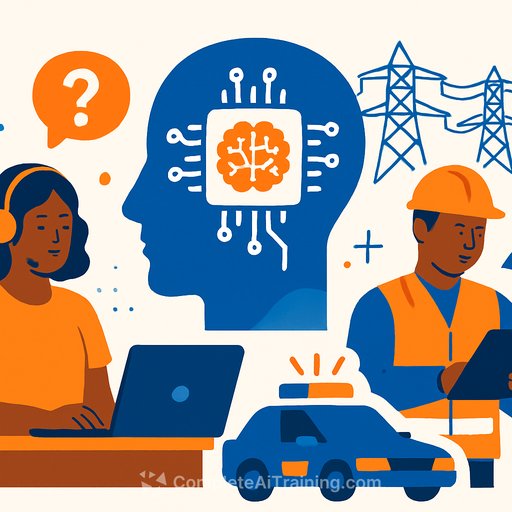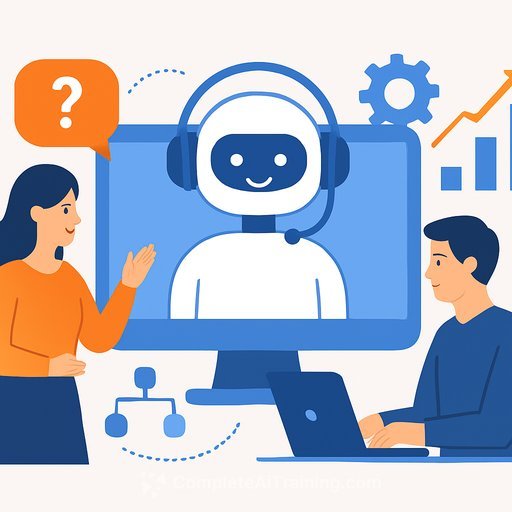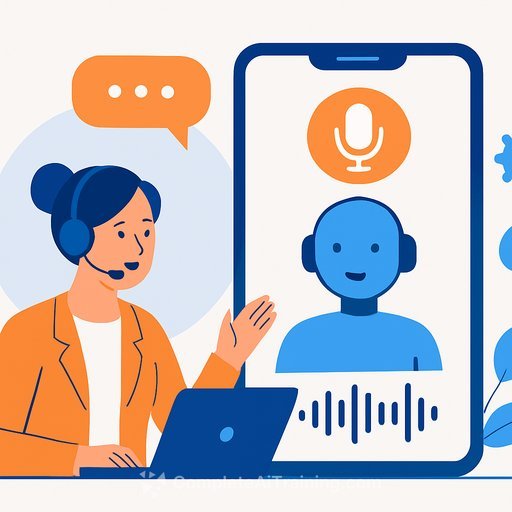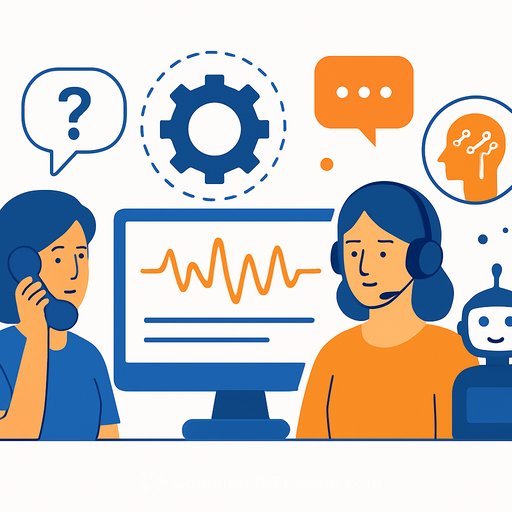Tallahassee Leverages AI to Enhance Utility Customer Service and Public Safety
Artificial intelligence is quietly transforming how Tallahassee operates, especially in utility customer service and public safety. While local governments adopt AI more cautiously than private sectors, the City of Tallahassee is steadily integrating smart technology to improve service delivery.
According to a 2024 survey by the International City Manager Association, only 5.4% of municipalities view AI as a strategic priority. Most AI efforts remain focused and experimental, rather than widespread or systemic.
Improving Customer Service with AI
Tallahassee uses AI-powered chatbots to enhance interactions in its utility customer service department. Residents can quickly get answers to questions about their utility services through these automated chat features.
Earlier this year, the city introduced an AI tool that instantly compiles and summarizes a customer’s billing history, including invoices, payments, overdue amounts, and the longest past due period. This real-time data helps city representatives respond faster and more effectively.
Processes that once took hours with spreadsheets are now instantaneous. The city is also exploring generative chat support and voice recognition to provide 24/7 customer service, especially useful during peak call volumes or local emergencies.
AI in Public Safety: Smarter Policing
The Tallahassee Police Department (TPD) has been using AI-assisted license plate readers for two years, speeding up vehicle searches and aiding in the recovery of over 219 stolen vehicles. This technology uses optical character recognition to convert license plate images into readable text.
At the Capital Region Real-Time Crime Center, AI-supported firearm detection software collects alerts from community partners when weapons are spotted, enabling faster, data-driven police responses.
TPD Chief Lawrence Revell shared that AI is also used to process body camera footage, automatically generating detailed police reports. This includes capturing specifics like the colors of cars in the background. The goal is to reduce officers’ paperwork so they can focus more on active policing.
Drones equipped with AI-driven navigation have flown over 100 hours collectively for the police and fire departments. Dispatchers can launch these drones immediately after receiving 911 calls to get visual information from the scene. The drones fly only to specific coordinates and use AI to avoid collisions and optimize flight paths.
These AI tools improve operational efficiency, response times, and situational awareness, helping public safety teams be both proactive and responsive.
For customer support professionals interested in AI applications, learning how AI enhances service delivery and operational workflows could be valuable. Explore practical AI training courses at Complete AI Training to see how these technologies can be applied in your role.
Your membership also unlocks:






